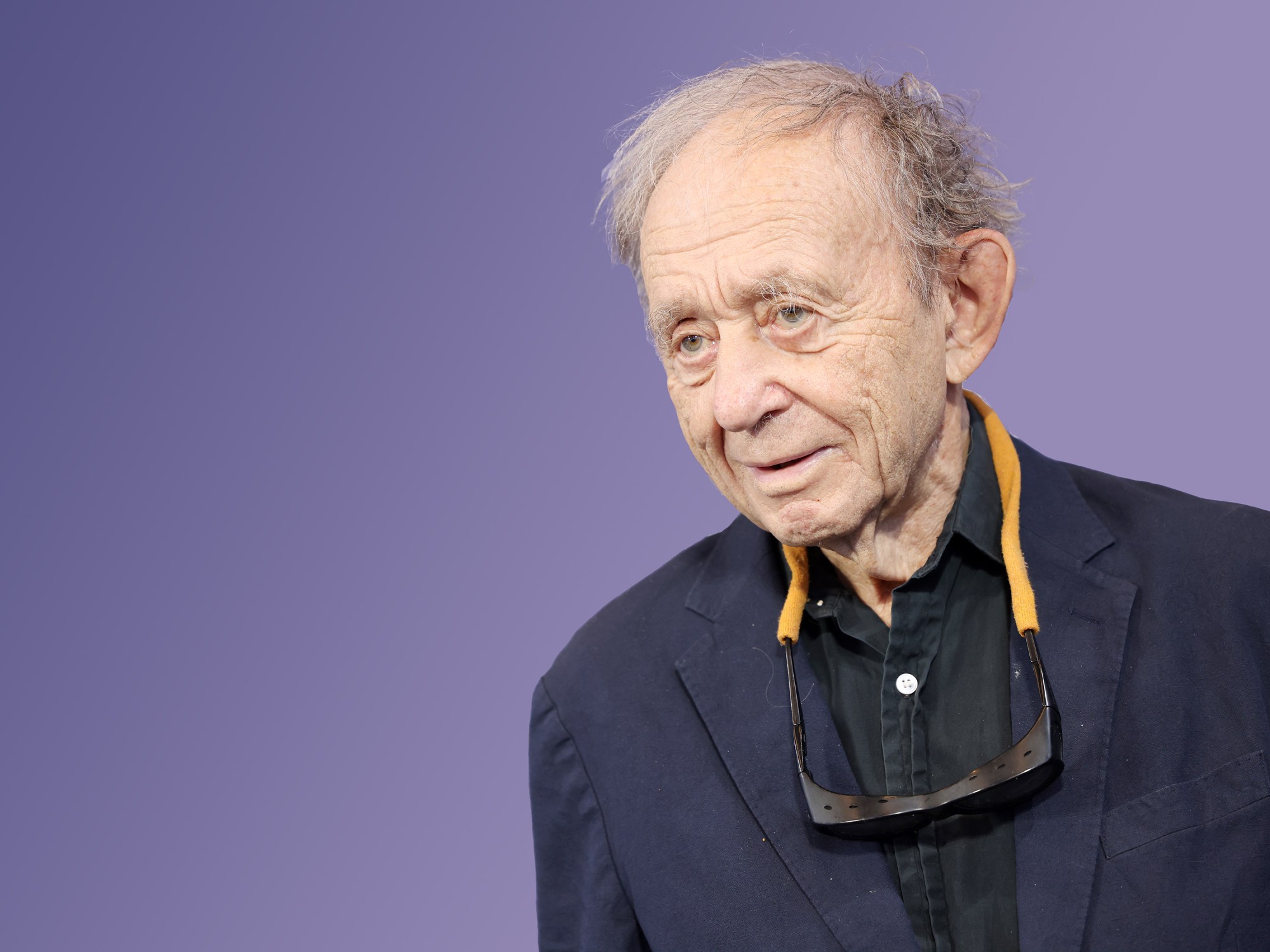
- Festivals
Venice 2022: Legendary Documentarian Frederick Wiseman Returns with “Un Couple”
Renowned American documentarian Frederick Wiseman has a long and rich relationship with the Venice Film Festival. Over the course of his career he has had numerous movies debut at the Venice Biennale, and in 2014 he was the recipient of the festival’s Golden Lion for Lifetime Achievement. His latest effort, though, is actually not a documentary at all. Un Couple, based on the letters of Sophia Tolstoy, is instead a unique cinematic monologue — a work that stands as distinct in Wiseman’s canon while also reaffirming many of his basic stylistic proclivities.
For more than five decades, Wiseman has been exploring institutions, both big and small, in an inimitably unhurried and largely unadorned fashion. His 1967 directorial debut Titicut Follies, which focused on patient-inmates at a Massachusetts hospital for the criminally insane, was initially banned for decades in the United States, on account of the shocking scenes it captured. The following year saw the release of Wiseman’s landmark film High School, and in the ensuing decades the filmmaker, now 92, has kept up work at a reliably steady pace, centering often-overlooked elements of society in such movies as Juvenile Court, Public Housing, Domestic Violence, Boxing Gym, Ex Libris: New York Public Library, and City Hall, among dozens of other credits.
Wiseman’s films, which he has repeatedly characterized as biased but fair, rarely build to any type of cathartic climax. Unusual among documentary moviemakers, too, Wiseman doesn’t frame his work around a particular thesis. Instead, he simply embeds with or around his subject for a period of four to six weeks, with little in the way of research or a preconceived notion of a particular work’s dramatic track. He refrains wholeheartedly from any type of reflection or insertion of opinion which would elevate himself, and he indulges no expository narration or interviews. He observes, like a fly on the wall, and then whittles down typically over 100 hours of filmed material into still-long portraits (many of his movies are three hours or even longer) of public places and spaces and the people which cycle through them, both leaving an impact and being impacted.
A competition title at Venezia 79 (since the festival makes no distinction between narrative and nonfiction works), Un Couple is a seeming curveball in several ways, running a slim, trim 64 minutes. The film is a collaboration with Nathalie Boutefeu, who portrays Sophia Tolstoy, the beleaguered wife of Russian novelist Leo Tolstoy. In it, she offers forth a blistering assessment of their turbulent and dysfunctional relationship, delivering passages from her journal and their real-life correspondence, including information Tolstoy shared from his own diary.
Un Couple stands as a companion piece of sorts to Wiseman’s 2002, hour-long The Last Letter (his only other such atypical directorial affair), in which a Ukrainian woman in an occupied Jewish ghetto in 1941 muses on her life via a final missive to her son. It, too, is built around the privately written word. This latest work, though, is an even more acutely sculpted portrait of melancholy and disheartenment — in addition to being a remarkable way to illuminate a historical figure while sidestepping any of the conventional rhythms of biopic overview.
Shot by John Davey over a three-week period on the island of Belle Île, the movie unfolds entirely outdoors, during the daytime. Composer Felix Mendelssohn’s unobtrusive score marries to chirping birds and swirling winds, creating a symphony of nature whose sheer liveliness contrasts with the dark, inner emotional turmoil present in its descriptions.
While there is a bit about their first passionate connection (the pair wed when Sophia, 16 years Tolstoy’s junior, was only 18), most of the monologue delves into Tolstoy’s indifference and cruel reproaches, which would inevitably be followed by (increasingly brief) periods of reconciliation. Sophia describes being whipped to and fro by the eternal disenchantment of her husband, and what she characterizes as his “savage despair.” She recalls a 10th-anniversary party, wherein a friend’s congratulations were met by her husband with the reply, “It could’ve been better.” Later, she asks plaintively, in a shockingly modern way, “Do you see me as a person?”
The cumulative effect of Un Couple, while strikingly out of step with what modern commercial cinema has come to represent, is both challenging and interesting for those with an interest in history. It reflects both on interpersonal communication and the nature of private relationships, as well as their changing mode of expression.

